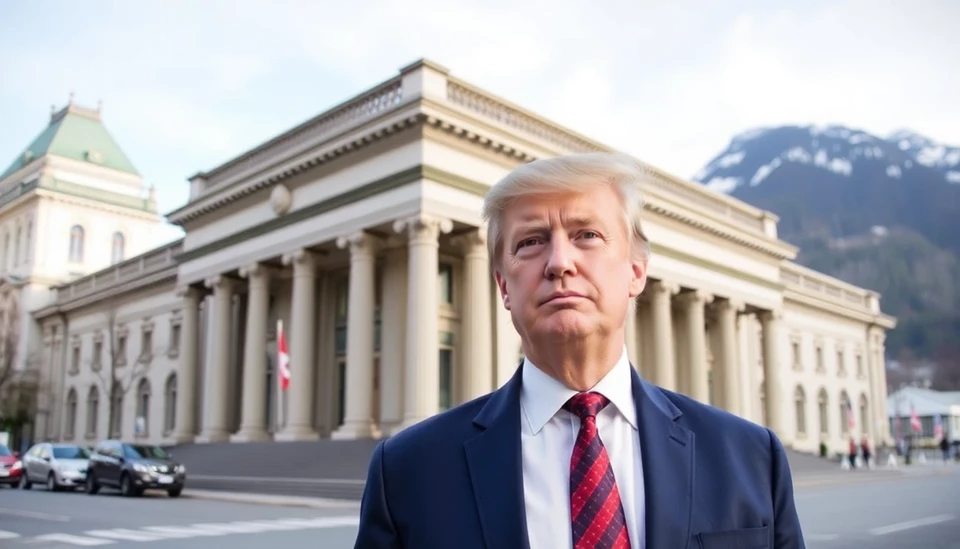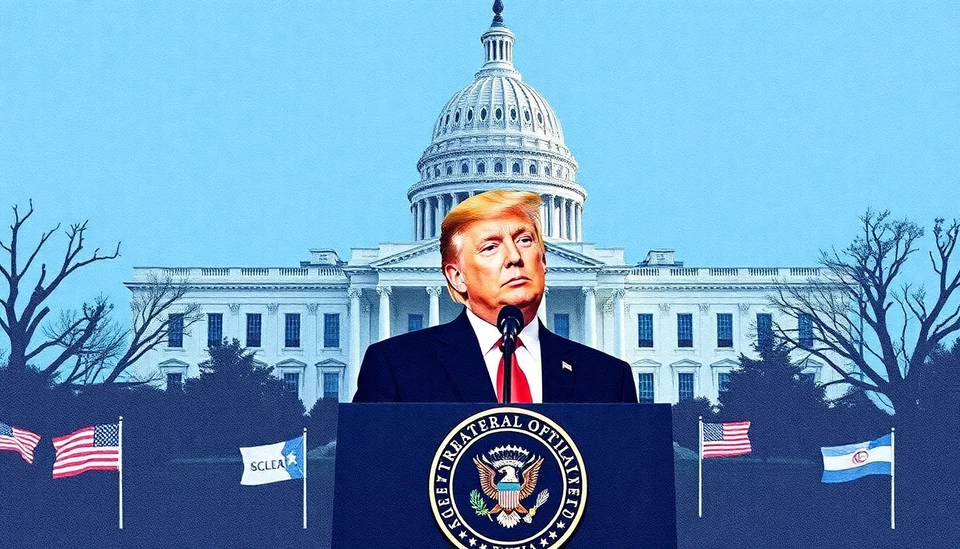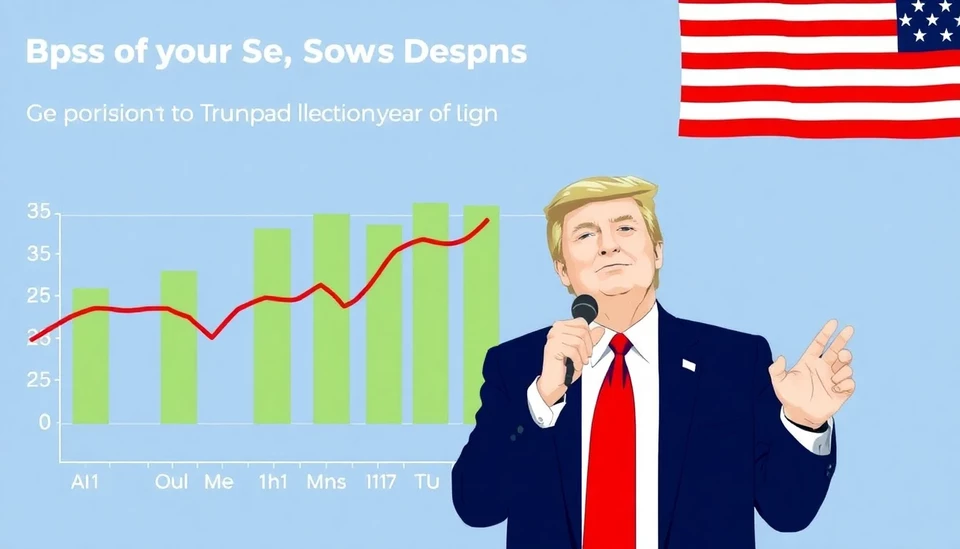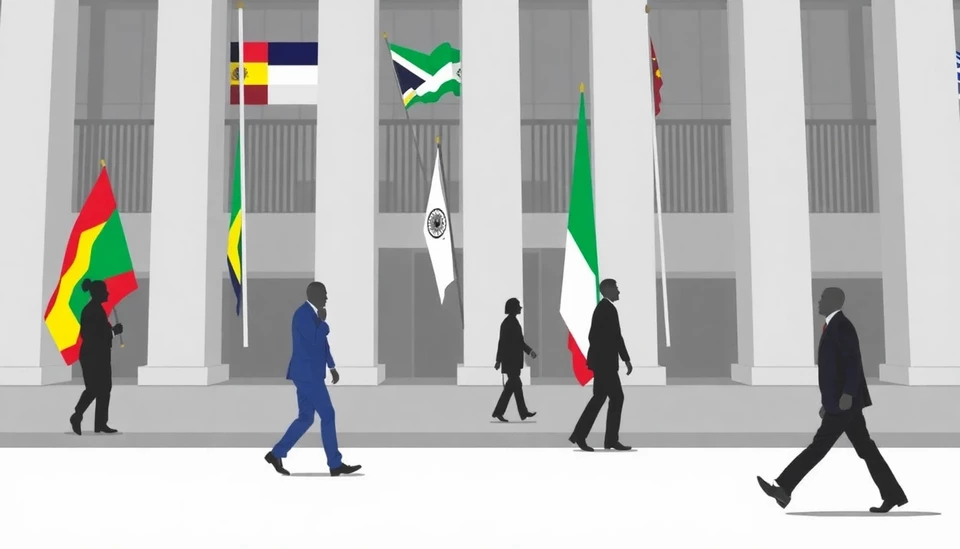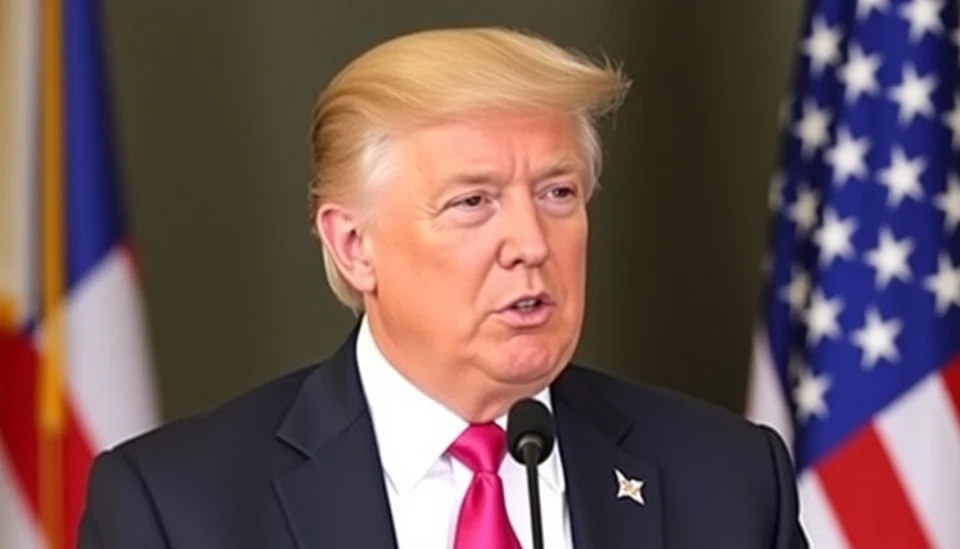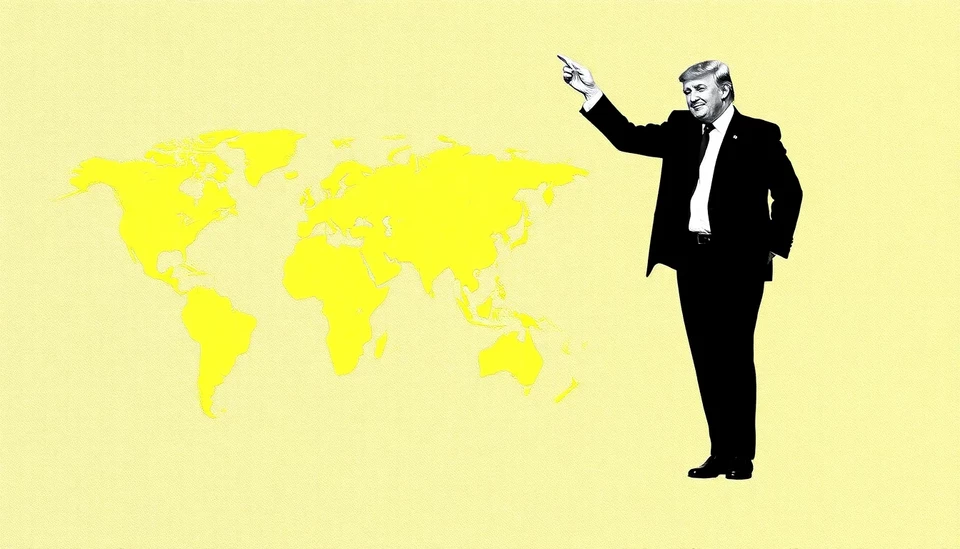
The unexpected win of Donald Trump in the recent elections has sent shockwaves through financial markets worldwide, drastically altering expectations regarding interest rate cuts. Investors had anticipated a more dovish stance from central banks as economic indicators suggested a slowing global economy. However, Trump's return to power has rekindled concerns over heightened uncertainty, particularly regarding trade policies and fiscal measures that could influence inflation and economic growth.
Financial analysts predict that the ramifications of Trump's policies will extend beyond the United States, impacting monetary strategies globally. The prevailing sentiment had leaned towards aggressive rate cuts, especially among major central banks including the Federal Reserve, European Central Bank, and others faced with slowing growth. However, with Trump's focus on stimulating the U.S. economy through tax cuts and infrastructure spending, expectations for easing monetary policy have quickly diminished.
Currency markets have reacted sharply to the news of Trump’s victory, with the U.S. dollar appreciating as investors speculate on stronger economic growth driven by his administration's potential fiscal policies. Central banks that had been poised for cuts may now need to reassess their strategies, forcing them to maintain or even increase interest rates in response to a stronger U.S. economy.
Global stock indices have experienced volatility, reflecting the uncertain landscape that Trump's policies are likely to usher in. The equity markets initially rallied on the news, buoyed by expectations of deregulation and tax reforms that could benefit certain sectors, particularly in telecommunications and energy. However, subsequent trading sessions showed mixed results as investors weighed the implications of potential trade disputes and the shifting dynamics in monetary policy across various economies.
While some countries may benefit from the anticipated growth in the U.S., others are bracing for potential fallout due to any shifts in trade relationships. Emerging markets, which have been heavily reliant on stable capital inflows and favorable trade conditions, could face increased volatility and capital flight should Trump adopt a more protectionist stance in international trade.
In summary, Donald Trump's victory has dramatically reshaped the expectations for interest rate policies around the world. As investors navigate this new reality, central banks will be tasked with recalibrating their strategies in light of the potential economic challenges and shifts that lie ahead.
With the global economy balancing precariously, all eyes will remain on Trump's administration and its approach to economic policy, with significant implications for financial markets and growth trajectories worldwide.
#TrumpVictory #InterestRates #GlobalEconomy #FinancialMarkets #EconomicPolicy #TradeUncertainty
Author: Rachel Greene
